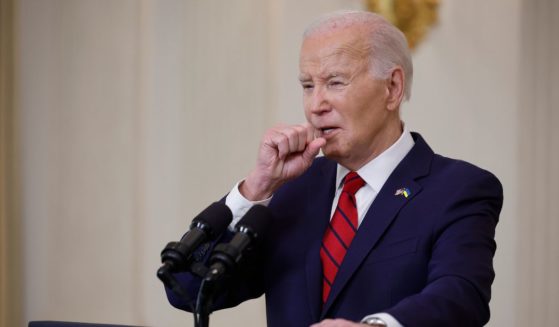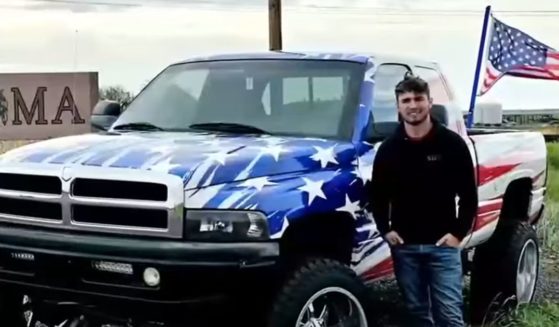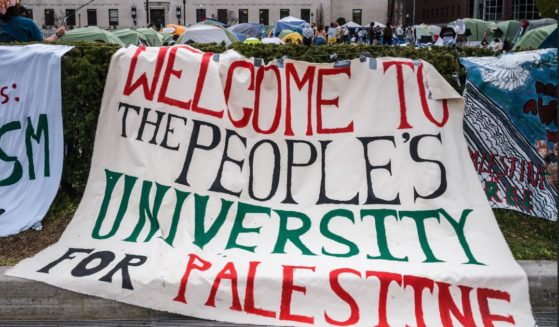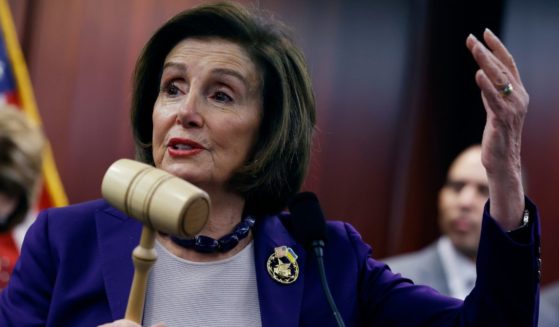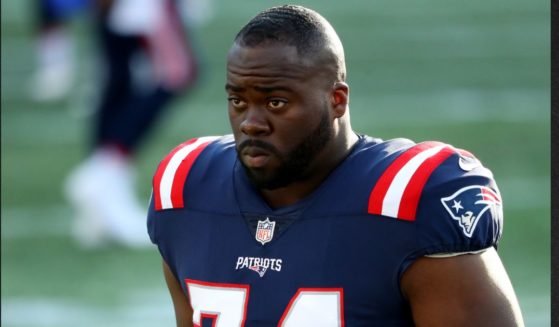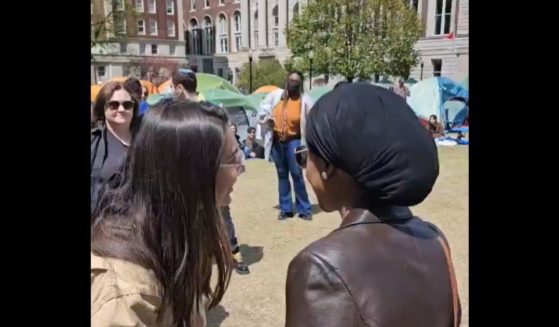Rural Kids Get Alarming Lesson on Sexuality as 4-H Goes All-In on 'Pride' Month
I know what you’re thinking: What’s another organization embracing LGBT Pride Month?
There’s hardly a company or a non-religious, non-partisan organization that hasn’t changed its logo to some rainbow-bedecked version of itself.
Here’s just a glance across Twitter:
Browsing LinkedIn for the funniest corporate pride logos pic.twitter.com/QTT8J8hAc5
— Benjamin Morgan (@morganbenjamin) June 6, 2021
— GC Homophobia (@GcHomophobia) April 10, 2021
? All the colors of the rainbow are assembling in a new collection to celebrate Pride month! https://t.co/kqtmX9qU7H
— Marvel Entertainment (@Marvel) May 3, 2021
One Facebook post, however, was a bit curious:
The 4-H has been an organization that’s been associated with rural life since its beginning at the start of the last century, and it remains so today.
According to the 4-H itself, 2.6 million of the participants are from rural communities, compared with 1.6 million in suburban communities and 1.8 in urban communities.
As a blurb on the Wyoming 4-H organization’s page notes:
“What is now 4-H began in the early 1900s, when youth agriculture clubs appeared in different parts of the country at the same time,” it reads. “These early efforts were organized in rural schools or through ‘Farmers’ Institutes’ organized by agriculture colleges to bring the latest scientific information to farmers and their families.”
As for the name:
“The four H’s stand for Head, Heart, Hands, and Health,” the Wyoming page states. “‘Head, heart, and hands’ was a familiar phrase with public speakers in the early 1900s. Educators expresse[d] the liberalizing of conventional education (‘the three R’s’) to include practical arts (‘the three H’s’).
“The three H’s were adopted by program organizers to reflect the educational theme of 4-H. A fourth ‘H’ was added for health. Together the four H’s symbolized the development of the head, to think, plan, and reason; the heart, to care for others, accept citizenship responsibilities and develop positive attitudes; the hands, to be useful, helpful, and skillful; and health, to practice healthful living, enjoy life, and use leisure time productively.”
The 4-H’s purview has grown out of agriculture, then, and it operates in communities that are more likely to be conservative and Christian — and therefore, hold to biblical values about traditional human sexuality and identity. In other words, this was an alarming message to send to them. For a group originally supposed to for the purposes of raising and showing livestock and produce, this was clearly a huge change.
As the Des Moines Register reported in 2018, when the organization issued a guidance policy “welcoming LGBT members,” the change “prompted fierce opposition from conservatives and some evangelical groups.”
That article focused on several members of the Trump administration trying to use their sway to get state 4-H chapters to rescind the guidance. However, it noted there was also substantial opposition to the policy change well outside of Washington.
“Christian conservative leaders and media outlets rallied their supporters to pressure 4-H leaders to remove the document, and a Christian law firm threatened legal action,” the paper reported.
Leave aside the loaded language — when “Christian conservative leaders and media outlets” oppose something, they may act in the exact same way as liberal or progressive outlets — but, according to the Reporter, they “rallied their supporters,” who apparently don’t have minds of their own. (It’s like how, in headlines Democrats “act” but Republicans “pounce.”)
Instead, it’s worth noting the reaction and divisiveness of the remarks. One individual, a local 4-H leader in Frederick County, Virginia, said the guidance created “an environment in which my family no longer feels welcome.”
“Believing that God creates us in His own image as male and female is not hate speech,” Heather Jenkins wrote, according to the Register. “When you create an environment in which my family is discriminated against because we refuse to use and subscribe to specific terms and vocabulary that go against our religious beliefs, you are infringing on our rights.”
The majority of the Register’s article, you won’t be surprised to know, wasn’t dedicated to opinions about biblical sexuality like that. However, what’s clear from 4-H’s Facebook post is that — while there were plenty of 4-H fans who applauded the move, there are a lot of people who disagree.
“Totally unnecessary and ‘politically correct’, which is wrong. You can’t pledge to God and support sin. This has no place in 4-H,” one comment stated.
“Glad to know. My children will no longer be a part of any 4-H activities,” another read.
And then there was the original mission of the organization: “All about pride month nothing about dairy month which is June? Just goes to show what’s more important,” the commenter wrote.
And apparently, nothing is more important than virtue signaling. And, like every one of the logos you see above, this is more about pledging fealty to a cause.
The thing is, 4-H’s fealty should be to its members — and it should be to stay out of politics, particularly when so many of them come from rural communities and won’t agree with the agenda being set here.
If the national organization doesn’t care about their opinion, after all, why should they be a part of it?
Truth and Accuracy
We are committed to truth and accuracy in all of our journalism. Read our editorial standards.





